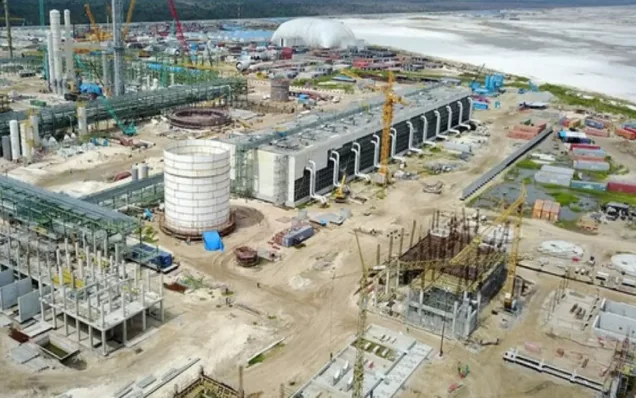June 22, 2018/FDC
Gas is one of the four sources of power. In Nigeria, it is a major source, accounting for 85% of electricity generated from the national power grid. However, sporadic power supply continues to persist due to constant gas constraints. So far in June, gas constraints accounted for over 73% (42,561MWh/h) of total constraints (58,202MWh/h) in spite of Nigeria’s 192 trillion standard cubic feet of gas reserves (the largest gas re-serves in Africa).
On June 16th, average on grid power generated was below 3,000MWh/h, the lowest since January 2018. This was as a result of the shutdown of 6 gas generating power plants due to a rupture of the Nigerian Gas Company (NGC) pipeline. In addition, the shutdown of Afam VI power station, on the back of technical issues experienced by Shell at its gas well, contributed to the short-fall in power output.
The Moroccan and Nigerian governments on June 10th signed a joint declaration with details for the finalization of a gas pipeline project launched in 2016 in Rabat, Morocco’s capital. The project involves extending an existing pipeline, the West African Gas Pipeline (WAGP), which is 5,660km long, to Morocco and Europe. The WAGP currently transports gas from Nigeria to countries in the West African sub-region. The construction of the proposed gas pipeline is expected to last for 25 years and would be both offshore and onshore. The project aims to improve economic relations in gas resource development, global investments and agricultural training and management.
Impact
The project is advantageous for both countries as it will help improve economic ties. It is of great importance to Morocco as it will boost its influence in SSA through the linkage to Africa’s largest economy through the pipeline. It will also lead to a decline in Morocco’s import bill as the country will have greater access to Nigeria’s gas.1 Morocco only has 17trn standard cubic feet in gas reserves. For Nigeria, the project would increase gas export, reduce gas flaring, encourage diversification of energy resources and cut down poverty through the creation of job opportunities. Consecutively, this will increase fiscal and forex revenue thereby boosting industrialization which will drive economic activity and growth. Gas accounts for 9.6% of Nigeria’s exports.
However, there are concerns surrounding the feasibility of the project. The possibility of complications in construction due to the passage through non-Moroccan territory will pose a significant threat. This will likely lead to a rise in finance costs and potential disruptions to the pipeline by locals. Furthermore, there have been oppositions from local and international non-government organizations as they believe the project is non-beneficial to the locals. For Nigeria, it could disrupt the county’s relations with the self-declared authority, the Polisario Front in Morocco.
In addition, the persistent disruptions to pipelines in Nige-ria could dampen the country’s gas export quantities and forex earnings from Morocco.













